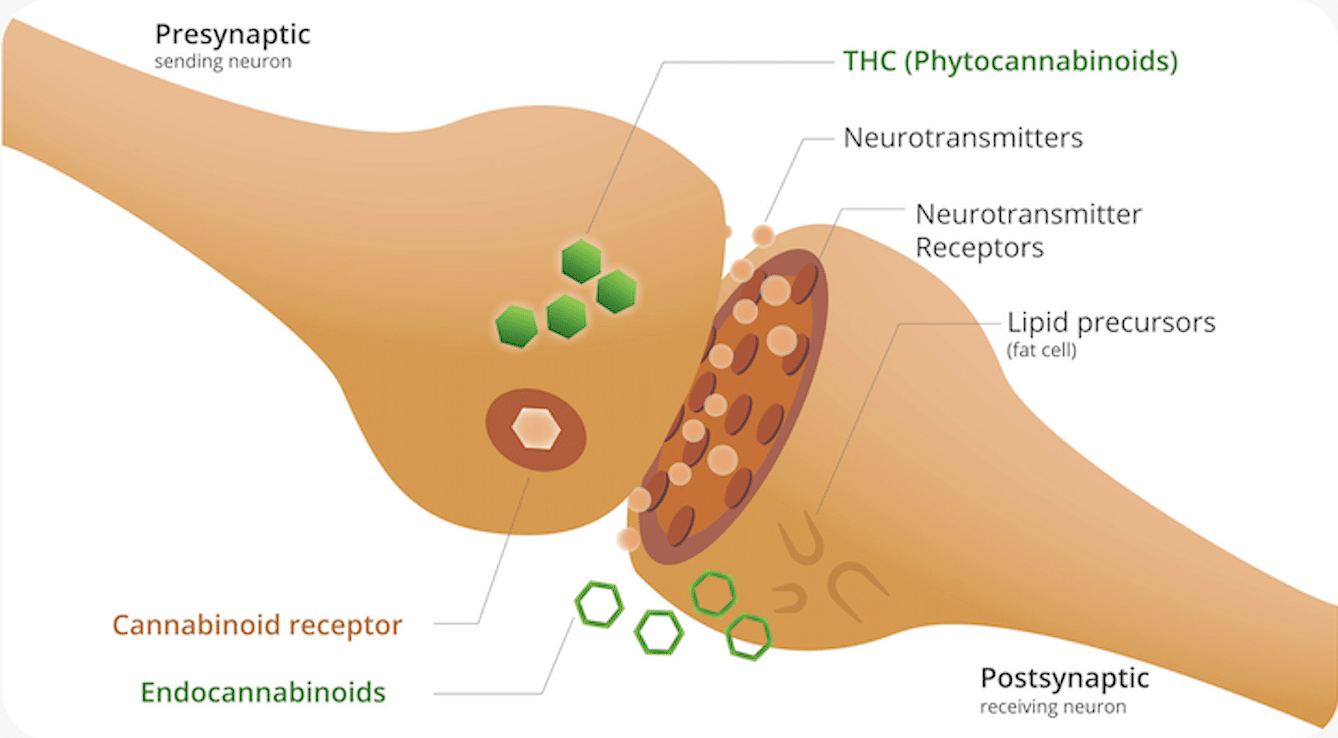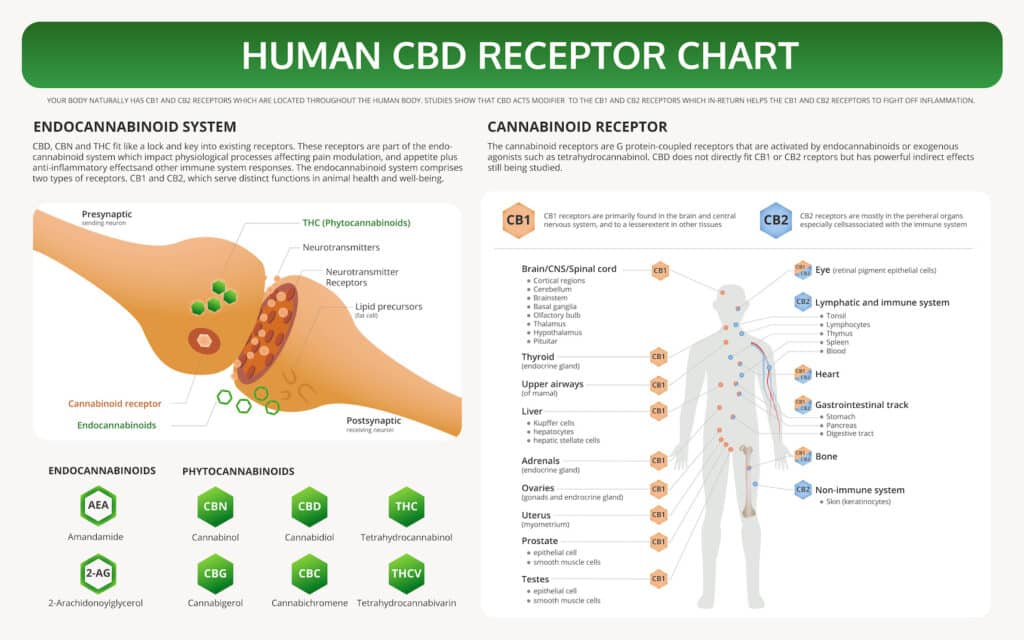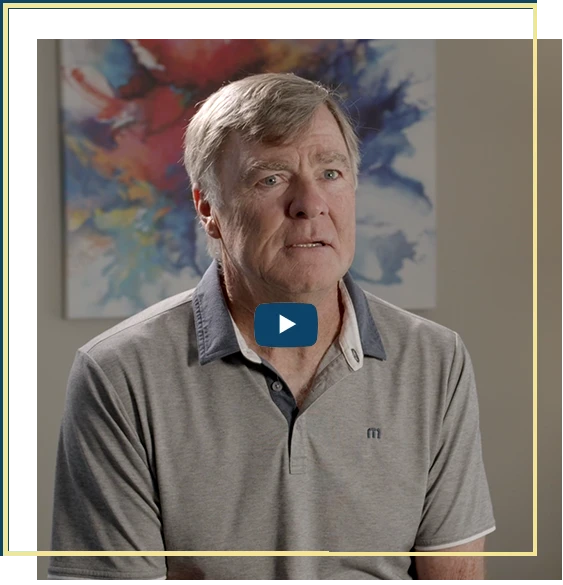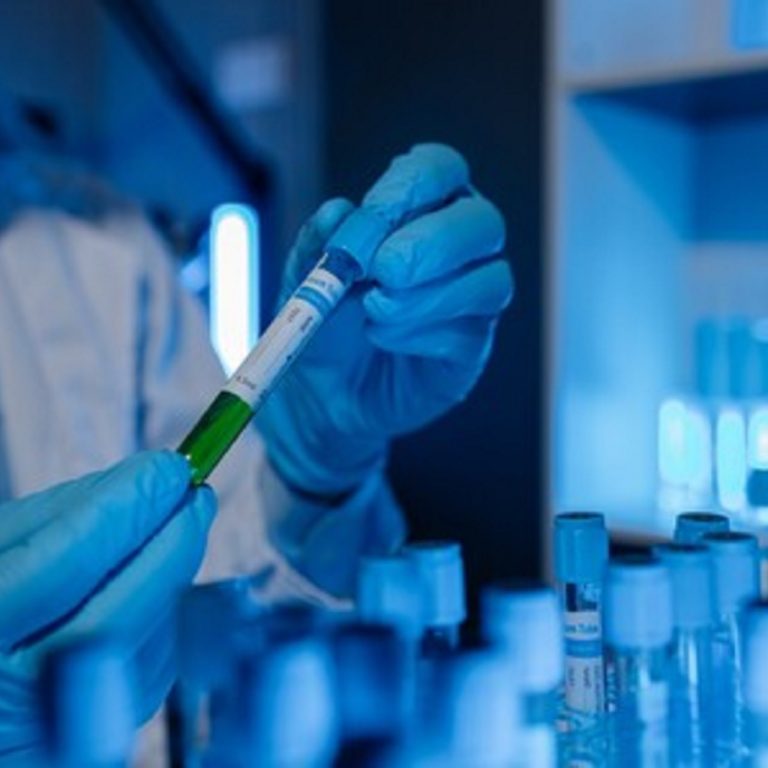In 2012, the Figi family of Colorado Springs, Colo., launched a movement to legalize cannabidiol (CBD), when parents Paige and Matt began using it to help ease the symptoms of their daughter’s, Charlotte’s, Dravet syndrome. This rare genetic disorder, which was first thought by her doctors to be Epilepsy, causes terrible seizures, requiring round-the-clock care. By the time she was 6 years old, Charlotte was having more than 300 seizures per week, was confined to a wheelchair, and had to use a feeding tube because she couldn’t swallow.
The family tried dozens of medications to no avail. When they ran out of options, Paige began to research CBD and discovered that it was being used overseas to treat epilepsy. Soon after Charlotte began taking CBD oil, her seizures subsided. Over time, she started talking, making eye contact, and walking. Doctors were able to remove her feeding tube, and the seizures were reduced to about once a month.
As Charlotte’s story spread, more and more people with epilepsy began taking CBD oil to help control their seizures, and other medicinal properties of CBD began to become more widely known.
Demand for CBD oil took off and legalization followed in many states. Today, CBD is being used to help in the treatment of numerous health conditions, including:
- Epilepsy/seizures
- Pain
- Inflammation
- Anxiety
- Depression
- Side effects of certain cancer treatments, such as chemotherapy
- Acne and other skin issues
- High blood pressure
- Diabetes
People also use CBD as a more natural solution for addressing brain fog. That’s because CBD may offer the following benefits (claims that are not evaluated by the Food and Drug Administration):
- Promotes alertness and clear thinking
- Alleviates pain and inflammation after physical activity
- Improves mood, relieves irritability, and increases resilience to stress
- Enhances performance and recovery from exercise







